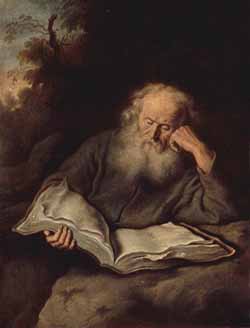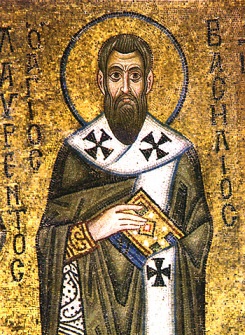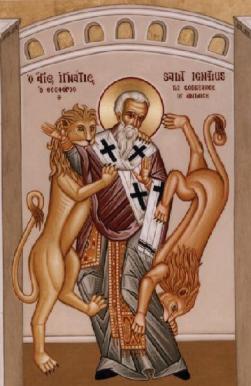New Church Father Resource
 As I am sure it has now become clear, I’m a big fan of the Early Church Fathers
As I am sure it has now become clear, I’m a big fan of the Early Church Fathers 
The nice thing about this website is that it groups Church Father quotations by topic, such as “The Real Presence”, “Intercession of the Saints” etc, which makes it a particularly useful reference for apologetics.
The other thing I like about it is that all the quotations have a document name and date attached to them – I’m always frustrated when I come across a great Early Church Father quote but I then have to spend time tracking down the document name and date of composition….well, no more.
Joe, the creator of the website also has a newsletter to which you can subscribe for a free weekly quote from a Church Father. Getting familiar with the Church Fathers really couldn’t get any easier…





 I would now like to share with you what I regard as one of the best kept secrets in Catholicism, a group of men called the “Early Church Fathers”.
I would now like to share with you what I regard as one of the best kept secrets in Catholicism, a group of men called the “Early Church Fathers”.